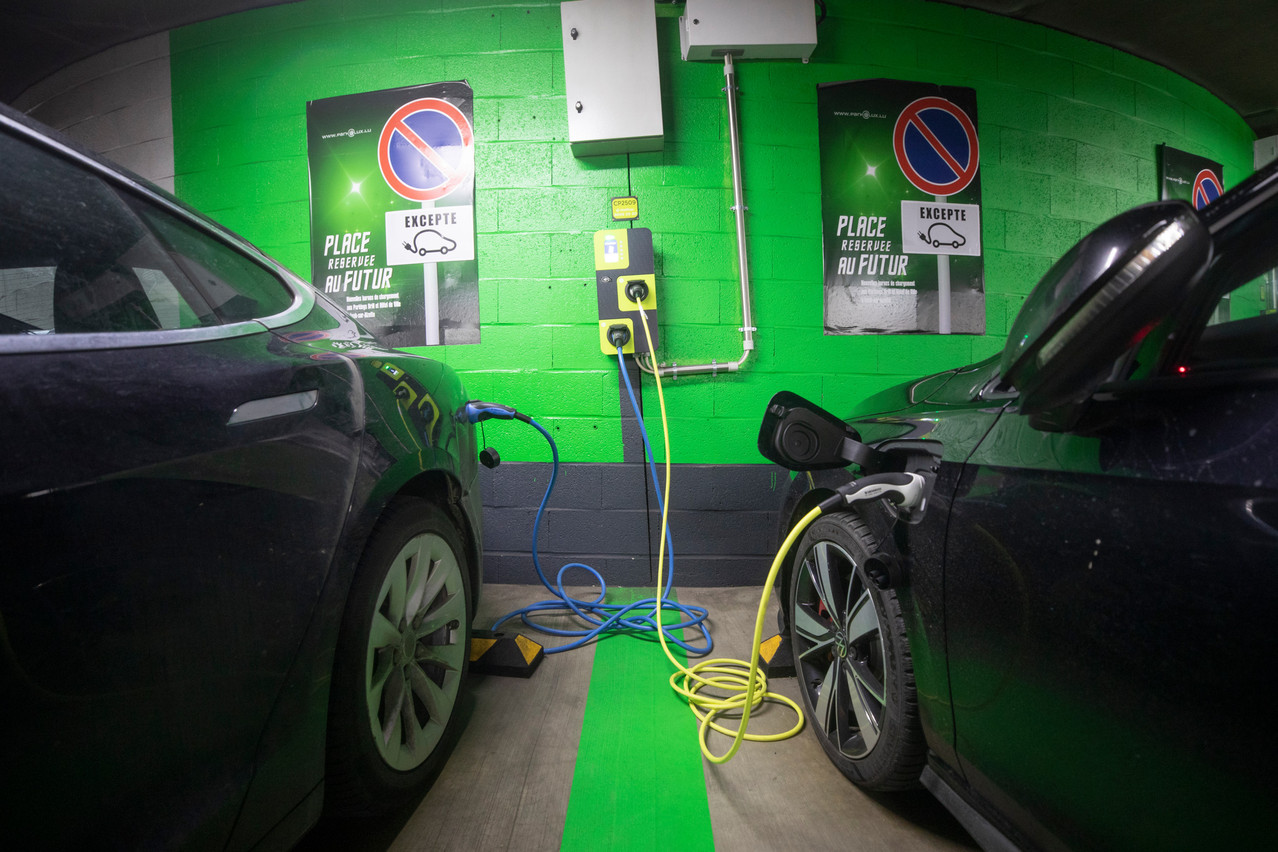Member countries to cushion the blow of the pandemic in 2020 agreed on a €700bn rescue package, the so-called Recovery and Resilience Facility, with Luxembourg to receive €93m.
Brussels Luxembourg’s spending plans and on Monday gave the formal go-ahead for a scheme to spend €40m on the development of publicly accessible and private recharging infrastructure.
“This will promote the use of those vehicles, contributing to the reduction of CO2 and pollutant emissions from road transport, as well as to the improvement of air quality,” the commission said in a statement.
Under a national climate and energy plan, the transport sector must by 55% by 2030.
The scheme consists of investment aid to companies and SMEs to build charging infrastructure as well as the financing system of public recharging points in the country.
Under state aid rules, the EU’s executive had to approve of the plans. “The commission concluded that the positive effects of the scheme on EU environmental and climate goals outweigh any potential distortions of competition and trade brought about by the support,” it said in a statement.
Luxembourg has pledged to spend 61% of the money from Brussels on climate measures and 32% on digitalisation. Other measures including affordable and sustainable housing and initiatives to boost digitalisation, such as a quantum computing project with satellite provider SES.
In addition to the €93m, Luxembourg received €145m under the React-EU programme, a funding instrument aimed at cohesion measures. This provided cash for the large-scale testing programme, the vaccination drive and the partial unemployment scheme.
The commission on Monday said it had approved an additional €3.5m to support partial unemployment for sectors hit hardest by the covid-19 pandemic. “The programme will help around 45,000 workers to keep their jobs,” the commission said in a statement.
Under an updated regional aid map, the commission also gave the go-ahead for Dudelange and Bettembourg as well as Wiltz, Winseler and Kiischpelt to receive more aid under government programmes for companies without violating state aid rules.
The extra funds aim to address regional disparities. The communes house some 43,000 inhabitants, just under 7% of Luxembourg’s population.
